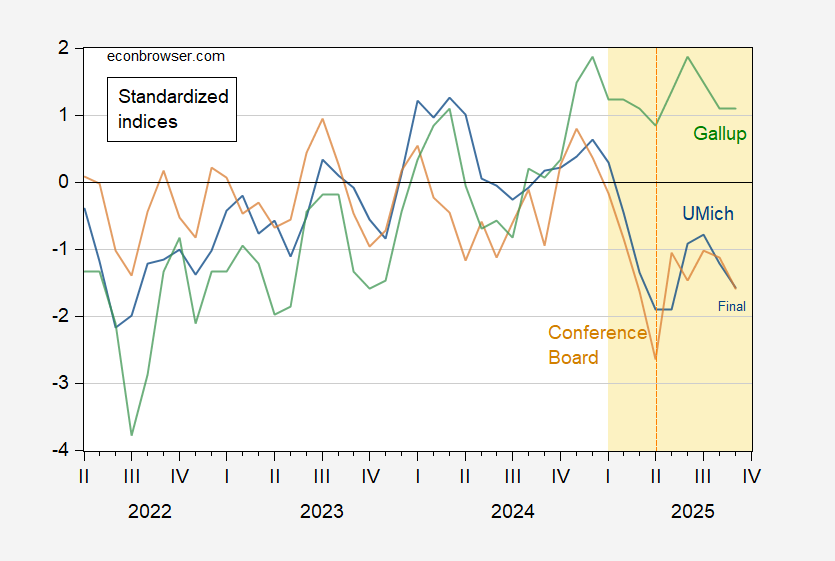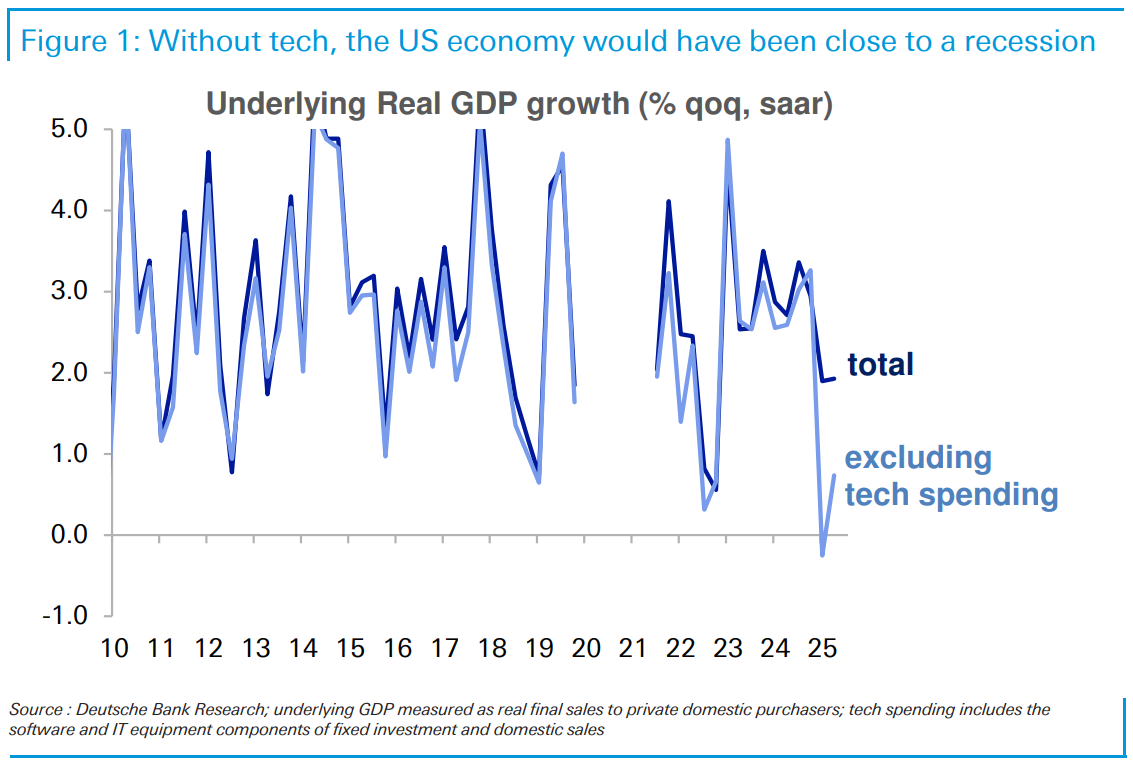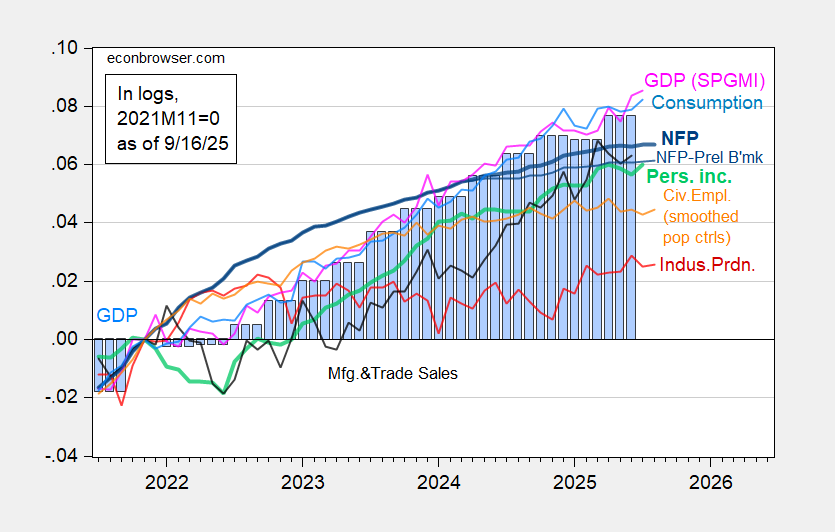
The ongoing government shutdown, projected to last an excruciating 29.4 days, threatens to disrupt vital economic data releases that inform our understanding of the nation’s financial health. This situation is not merely an inconvenience; it reflects a systemic failure in governance that prioritizes political standoffs over the well-being of the populace.
Currently, as we navigate the implications of this shutdown, the Bureau of Labor Statistics (BLS) calendar reveals a stark reality: critical economic indicators will be withheld from public scrutiny. Among the casualties of this political impasse are the Producer Price Index (PPI), import and export price indices, and the much-anticipated state employment and unemployment figures. The lack of access to such information undermines accountability, leaving both policymakers and citizens in the dark about the true state of the economy.
Beyond the BLS, the Bureau of Economic Analysis (BEA) is similarly affected. The much-awaited advance release of Gross Domestic Product (GDP) data is shelved, along with monthly income and outlay statistics. These releases serve as essential barometers for understanding economic trends and informing decisions that affect millions of Americans. Without them, we are left groping in the dark, deprived of the insights necessary to hold our leaders accountable.
Moreover, one must question whether data collection efforts for the October employment release are even underway. The essential surveys that underpin these statistics should commence shortly, but the uncertainty casts doubt on their reliability. This disruption is not just an administrative hiccup; it is a direct blow to transparency and governance, reinforcing the impression that the government is failing to prioritize the needs of its citizens.
The broader implications of this shutdown extend far beyond missed reports and statistical delays. It highlights a political system that is increasingly out of touch with the needs of everyday people. While politicians engage in protracted debates over budgets and policies, it is the working class that bears the brunt of these decisions. The absence of timely economic data further exacerbates existing inequalities, as those without access to information are left vulnerable to the whims of a capricious economy.
As we reflect on the ramifications of this shutdown, it is vital to recognize the urgent need for systemic change. We must demand a government that values transparency, accountability, and the rights of all its citizens to access vital information about their economic environment. The time has come to challenge the entrenched power structures that allow such disruptions to occur, advocating for a political landscape that prioritizes the common good over partisan squabbles.
In this moment of uncertainty, we must remain vigilant. The silence of the BLS and BEA should serve as a clarion call for all who believe in social justice and equality. We must hold our leaders accountable and push for a government that serves the people, not just the interests of the few. The fight for economic justice and human rights continues, and we cannot afford to let political games compromise the data that shapes our understanding of the economy and our lives.
This article highlights the importance of Shutdown’s Economic Fallout.


